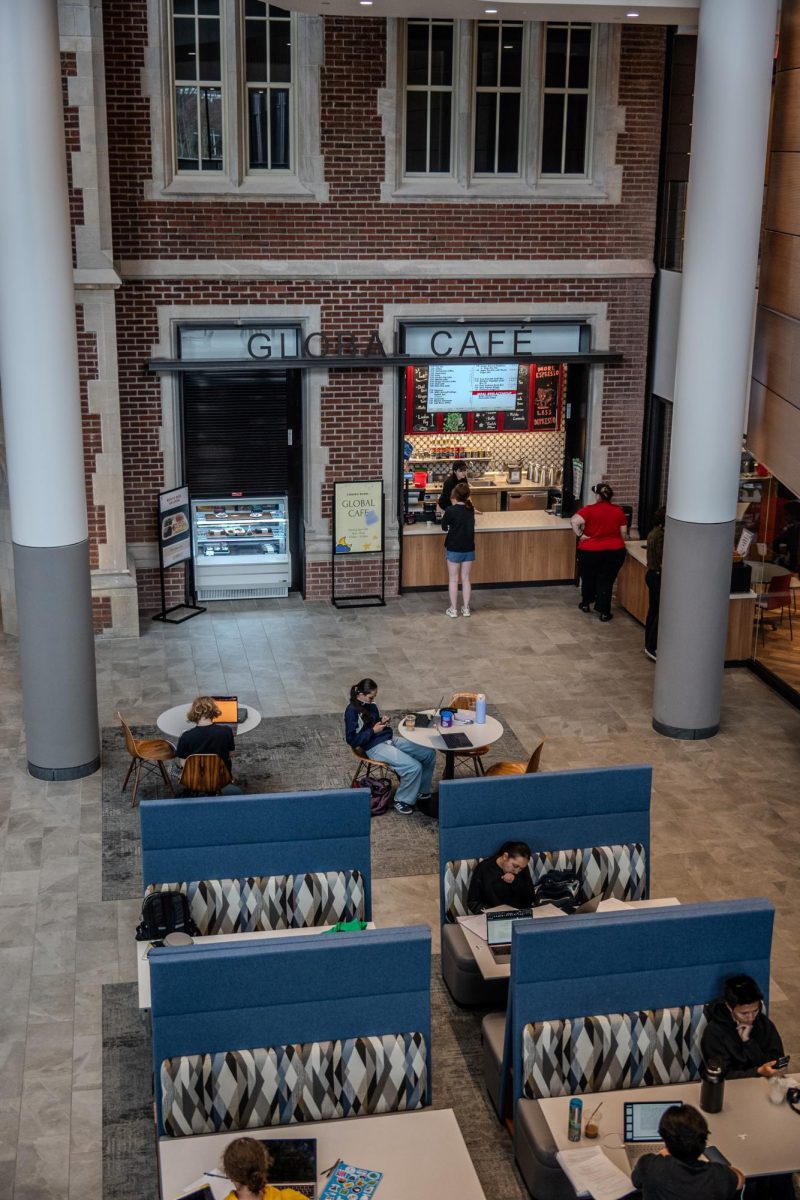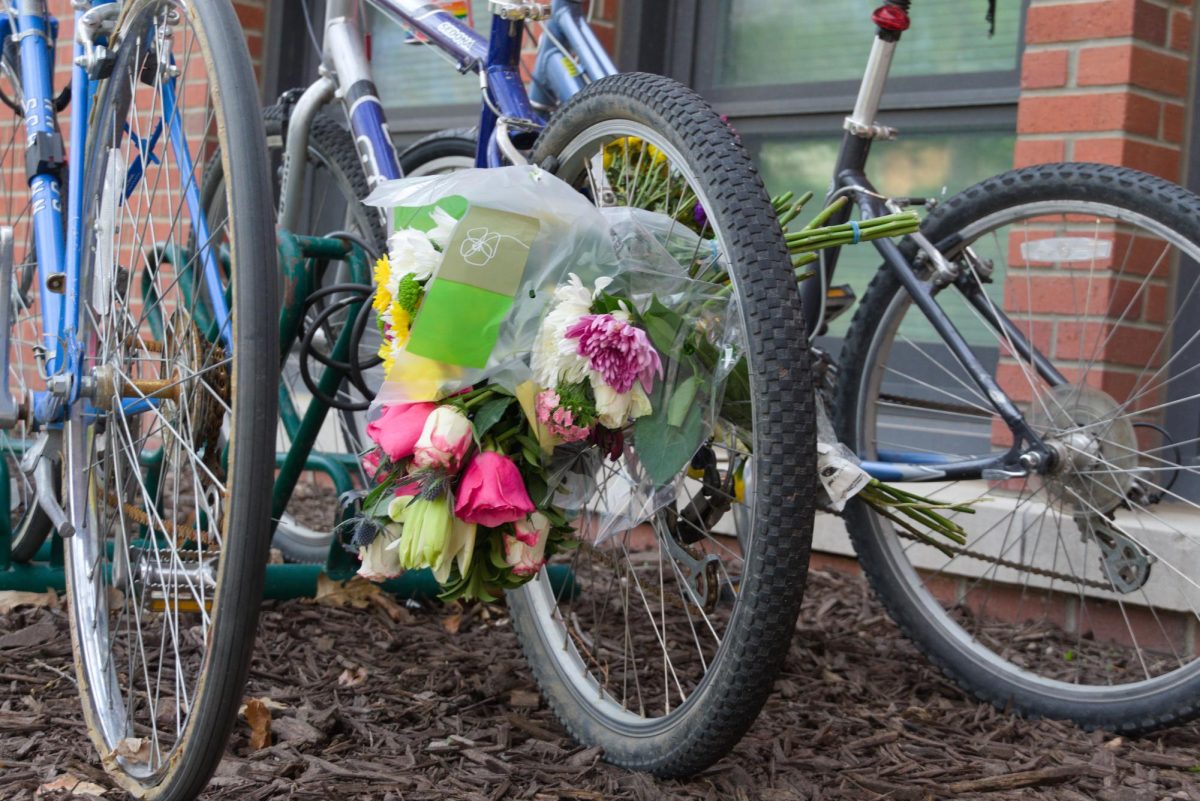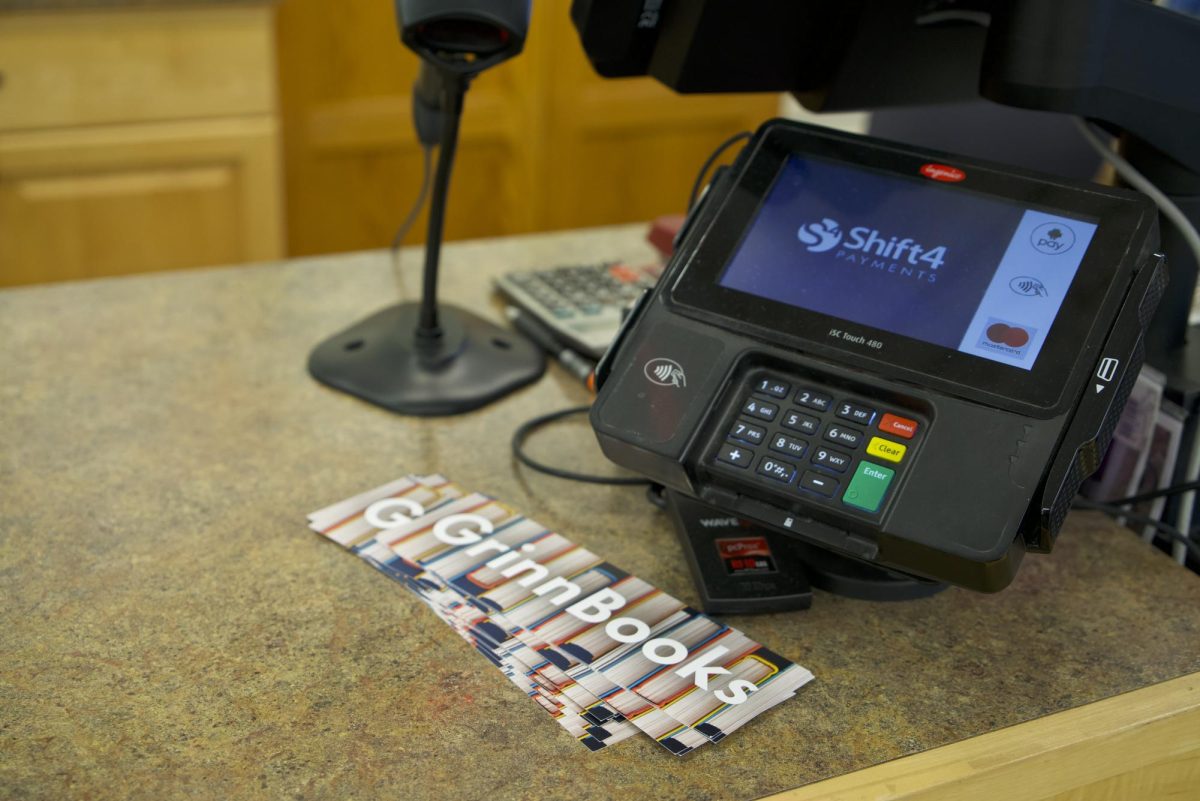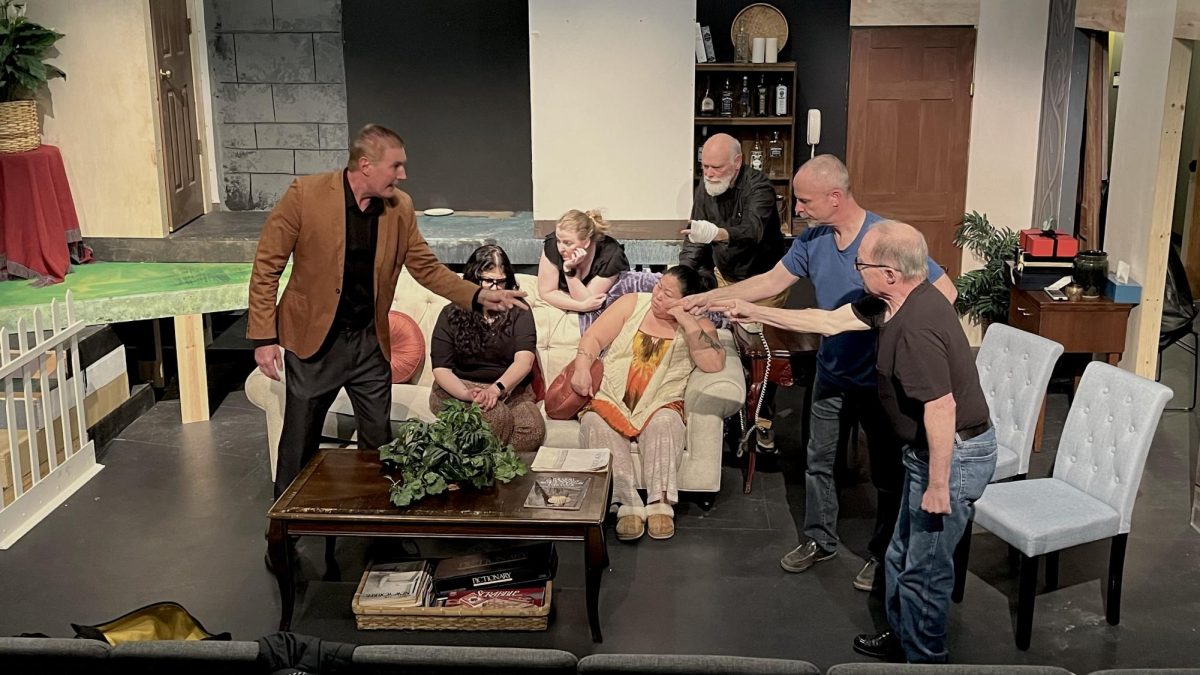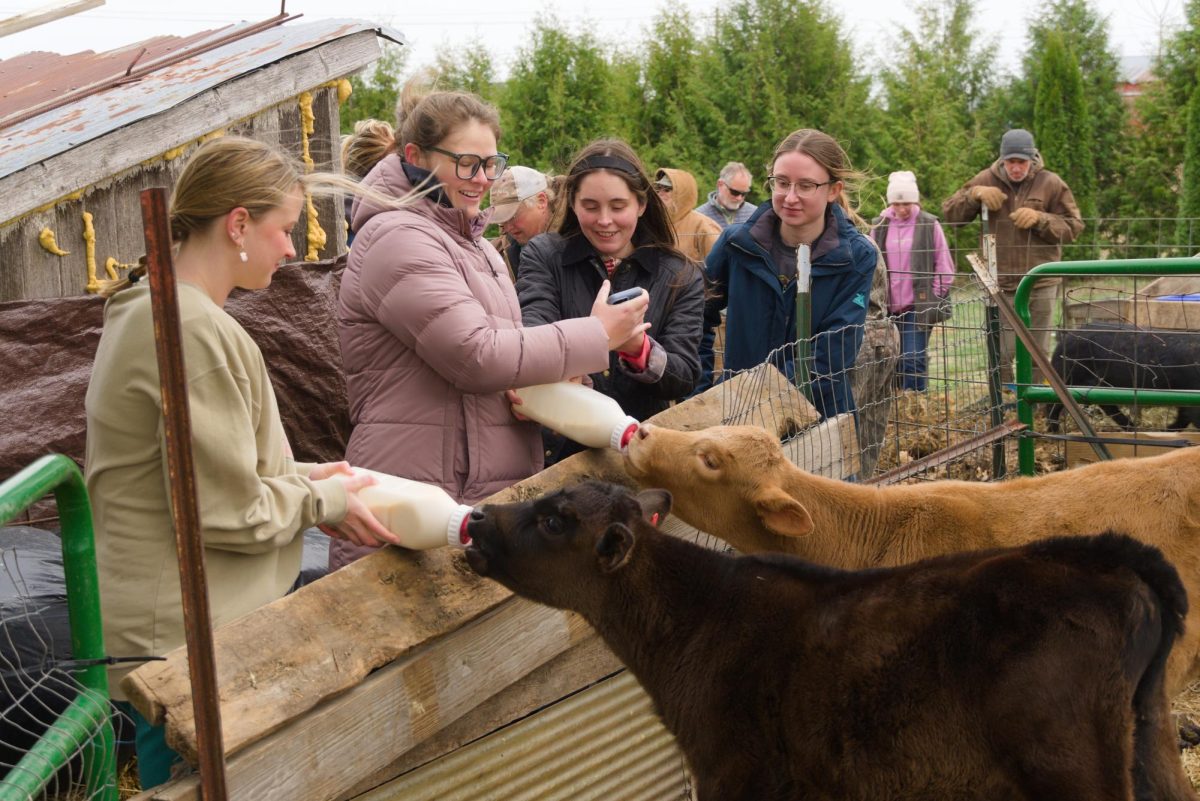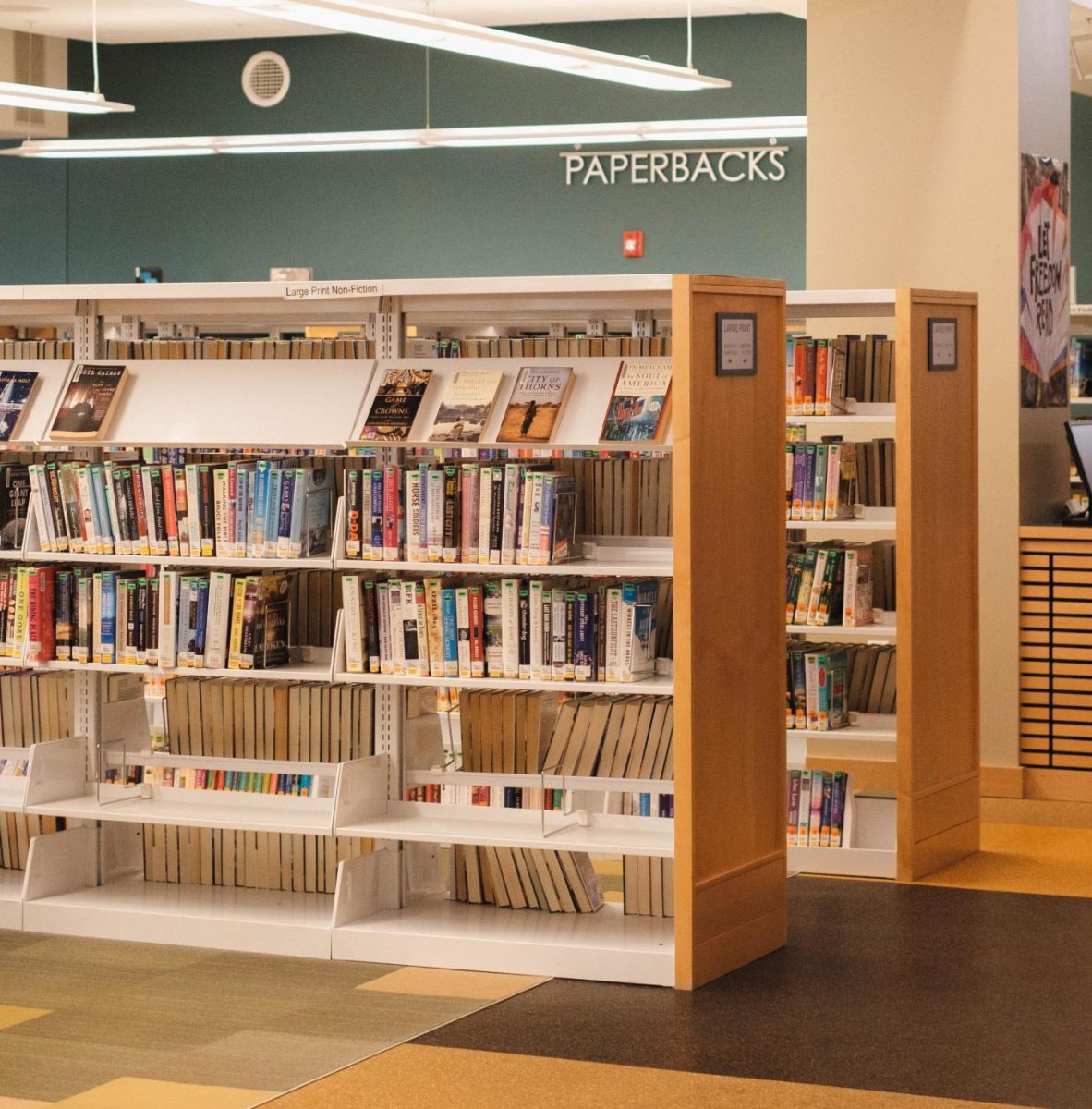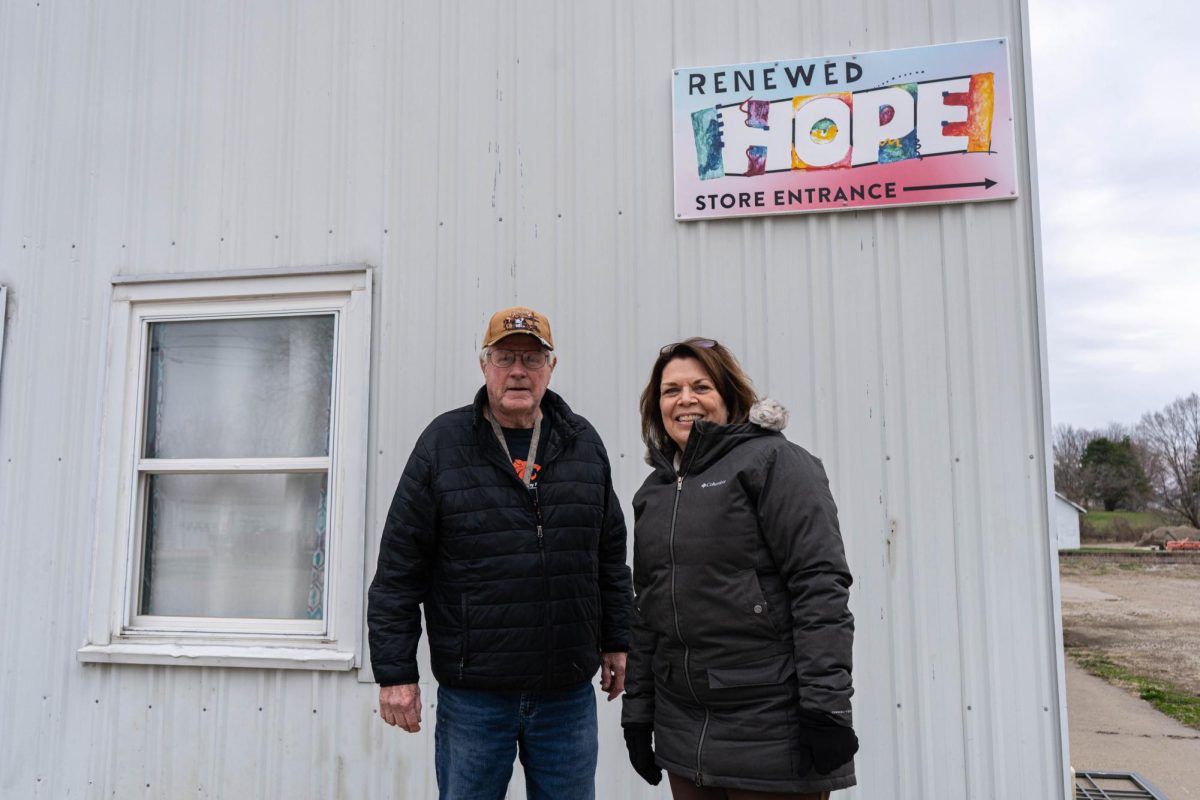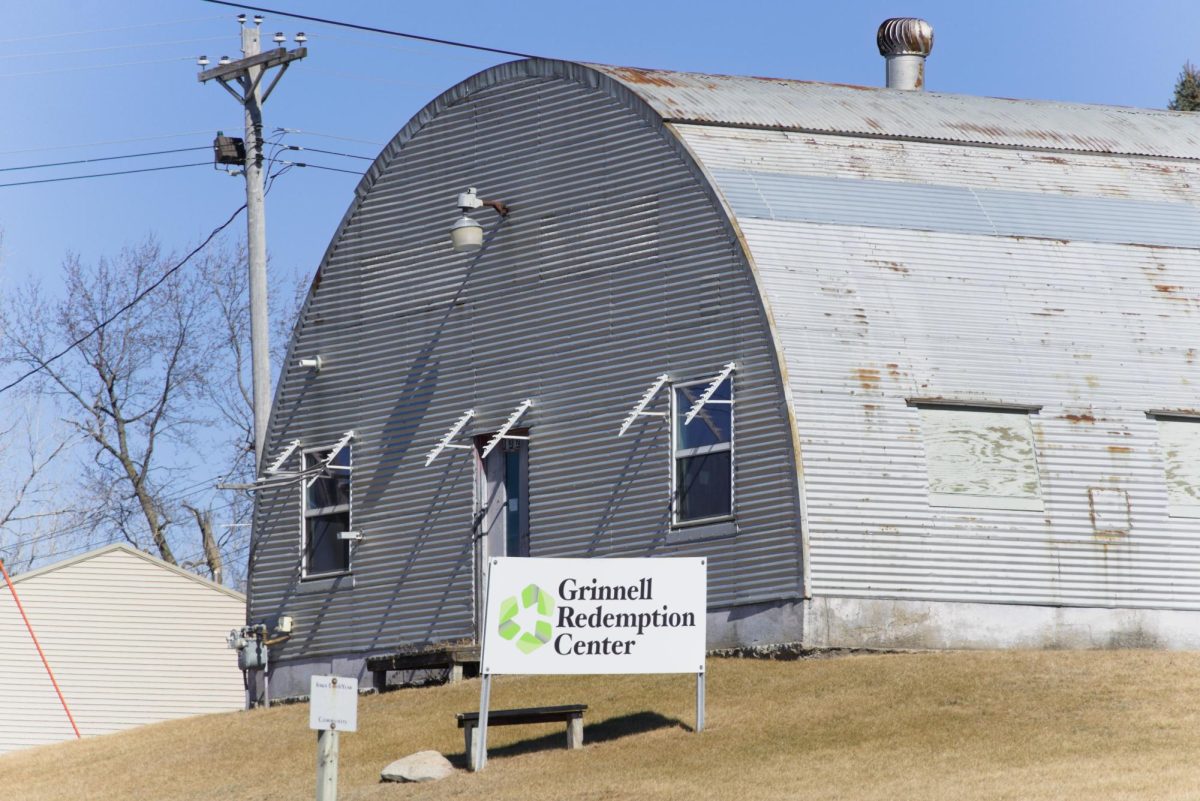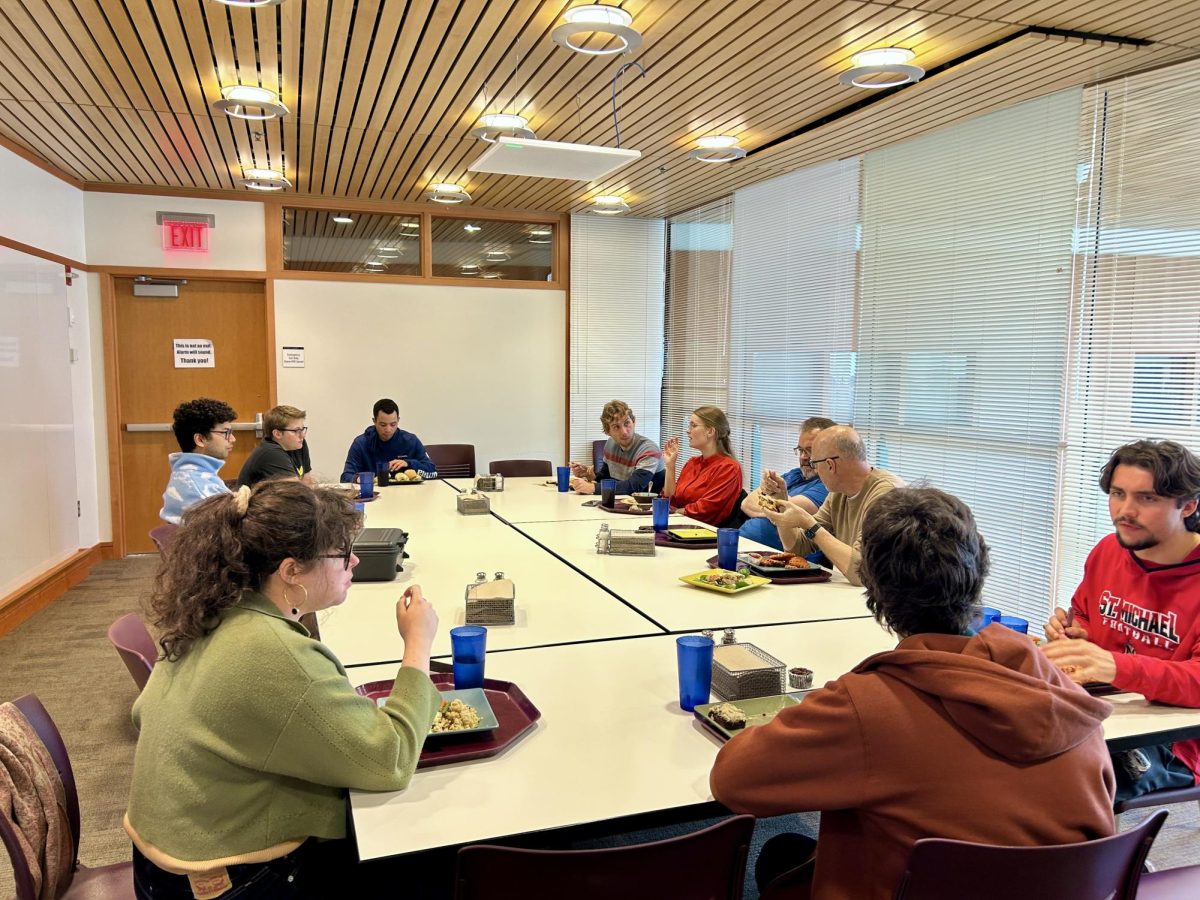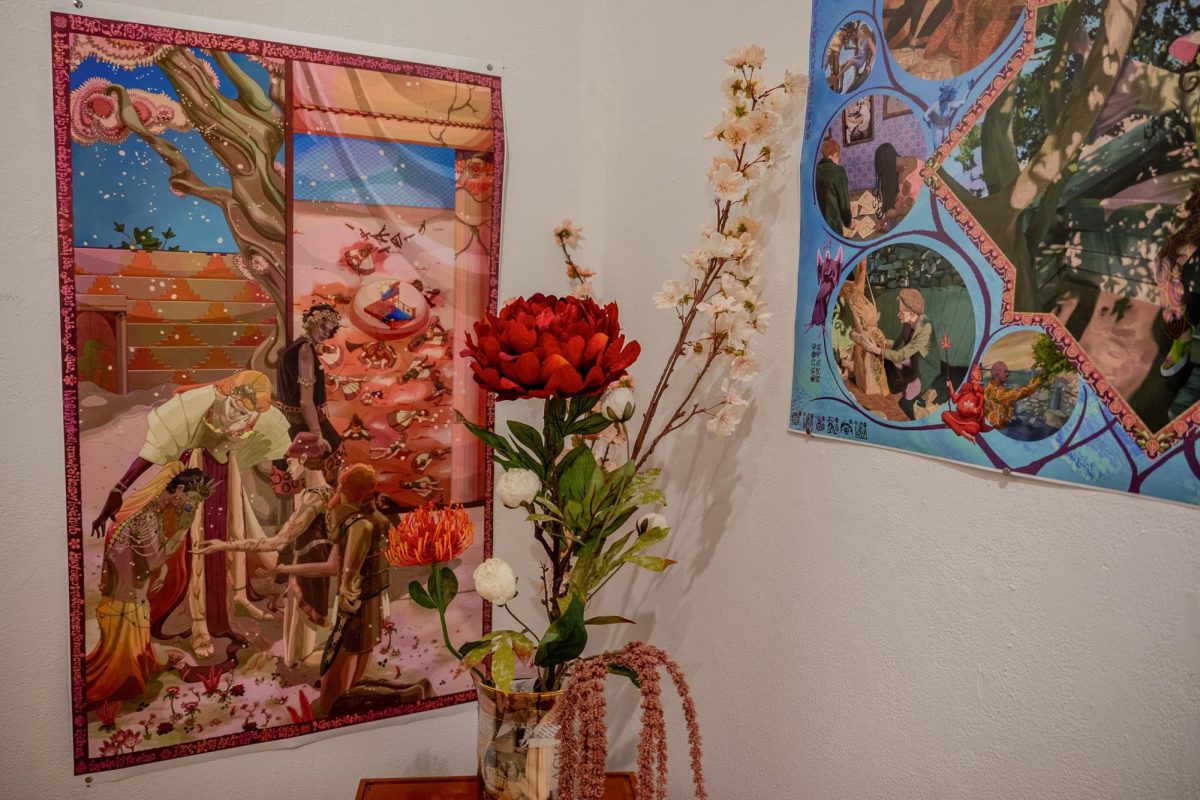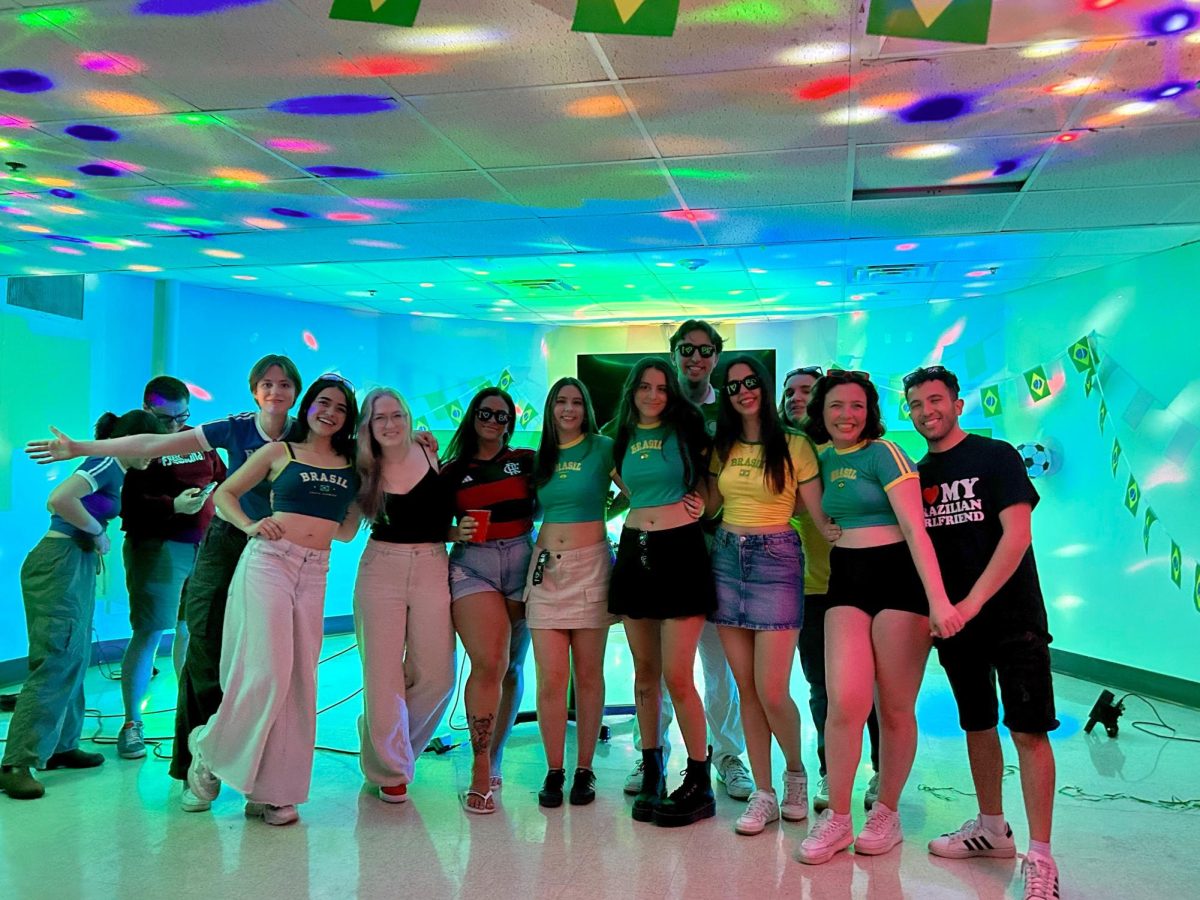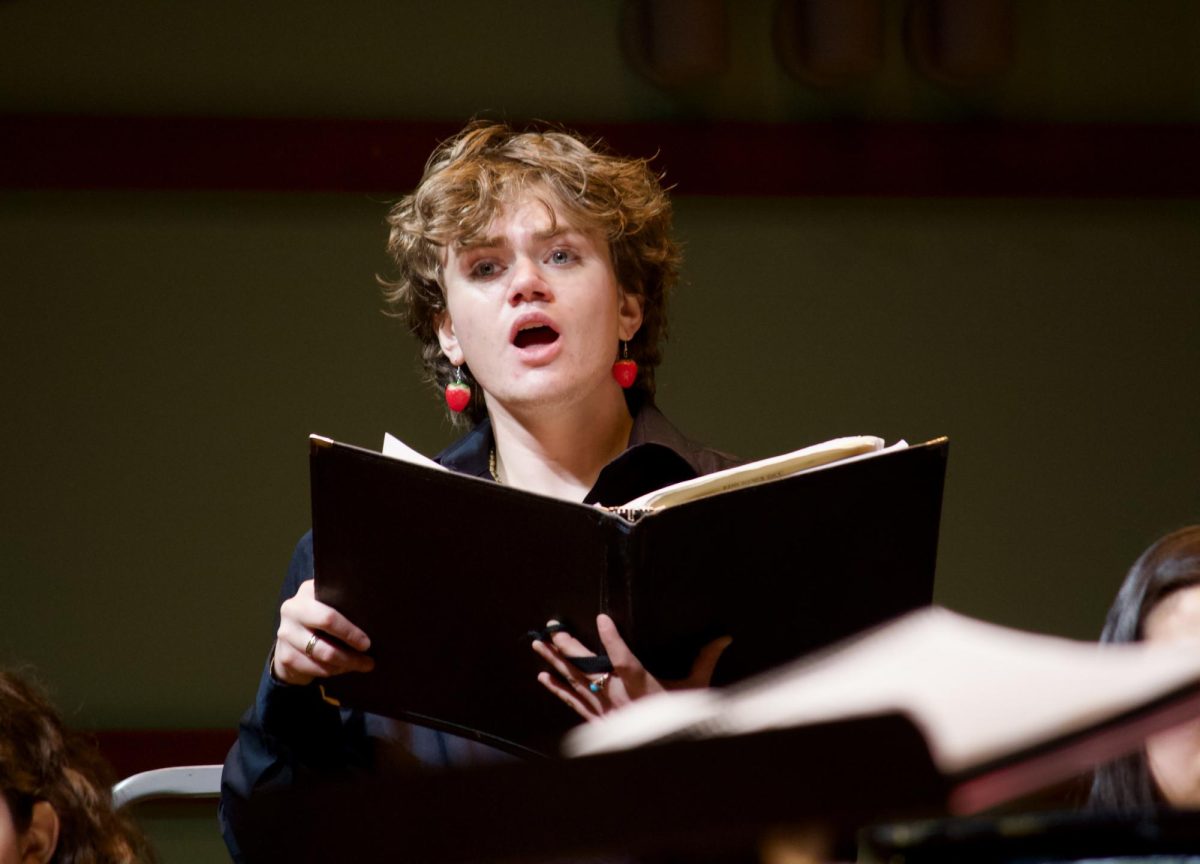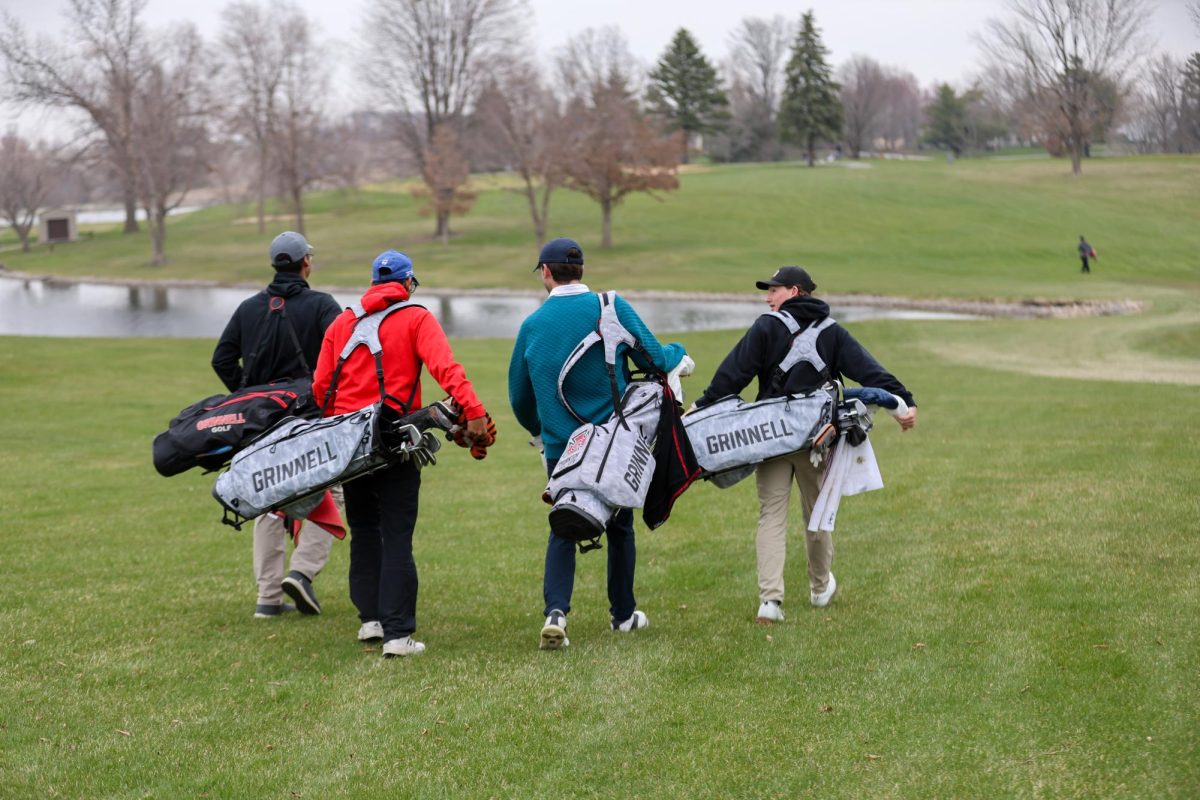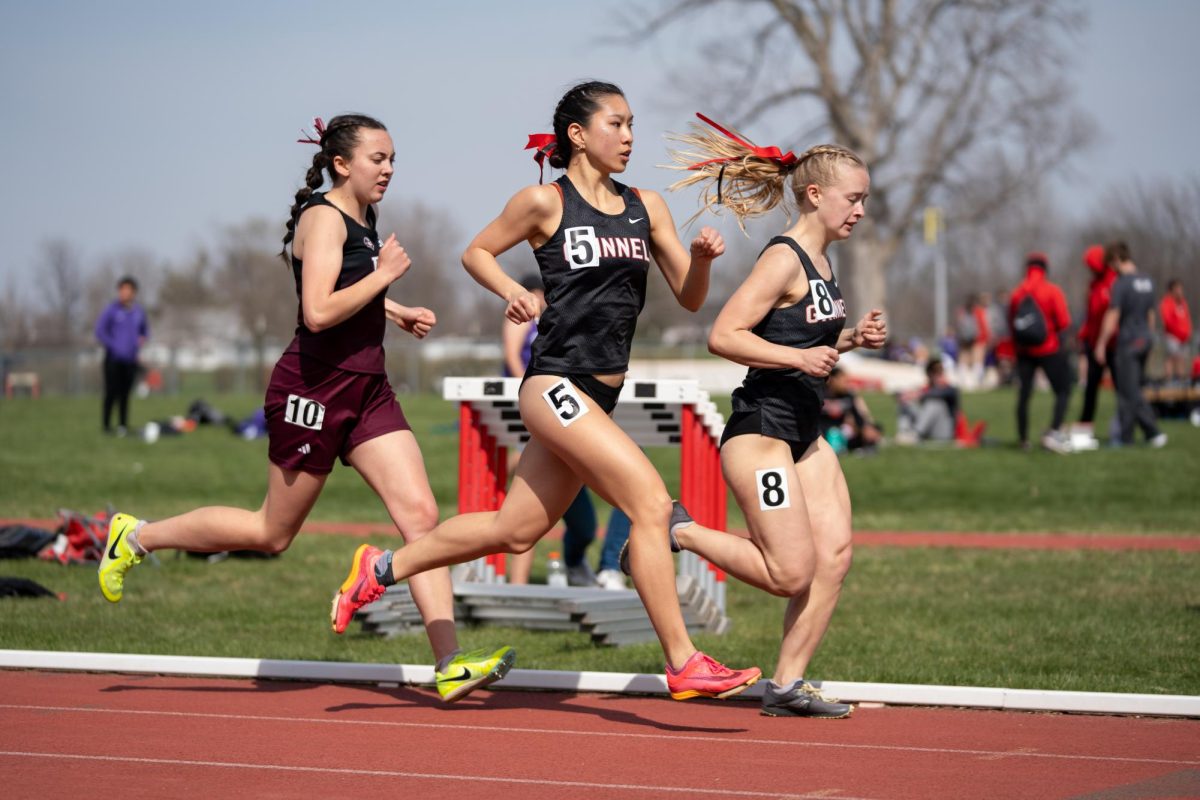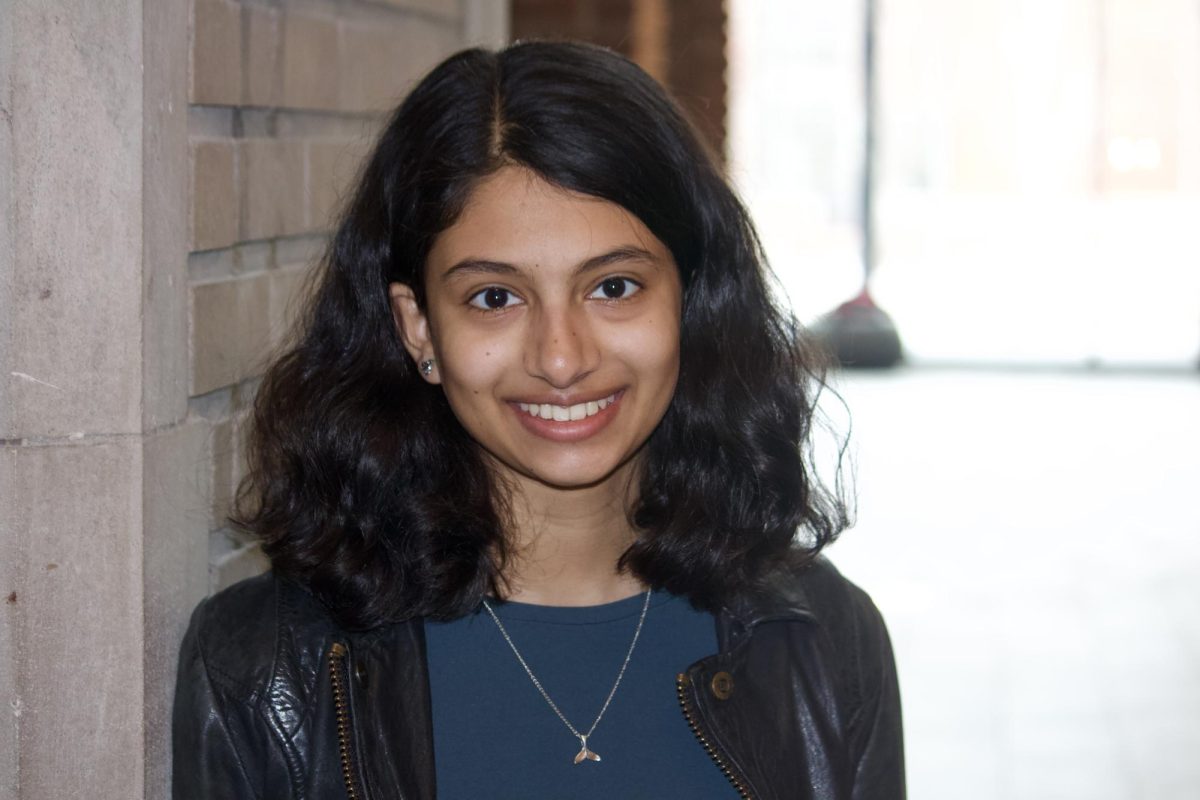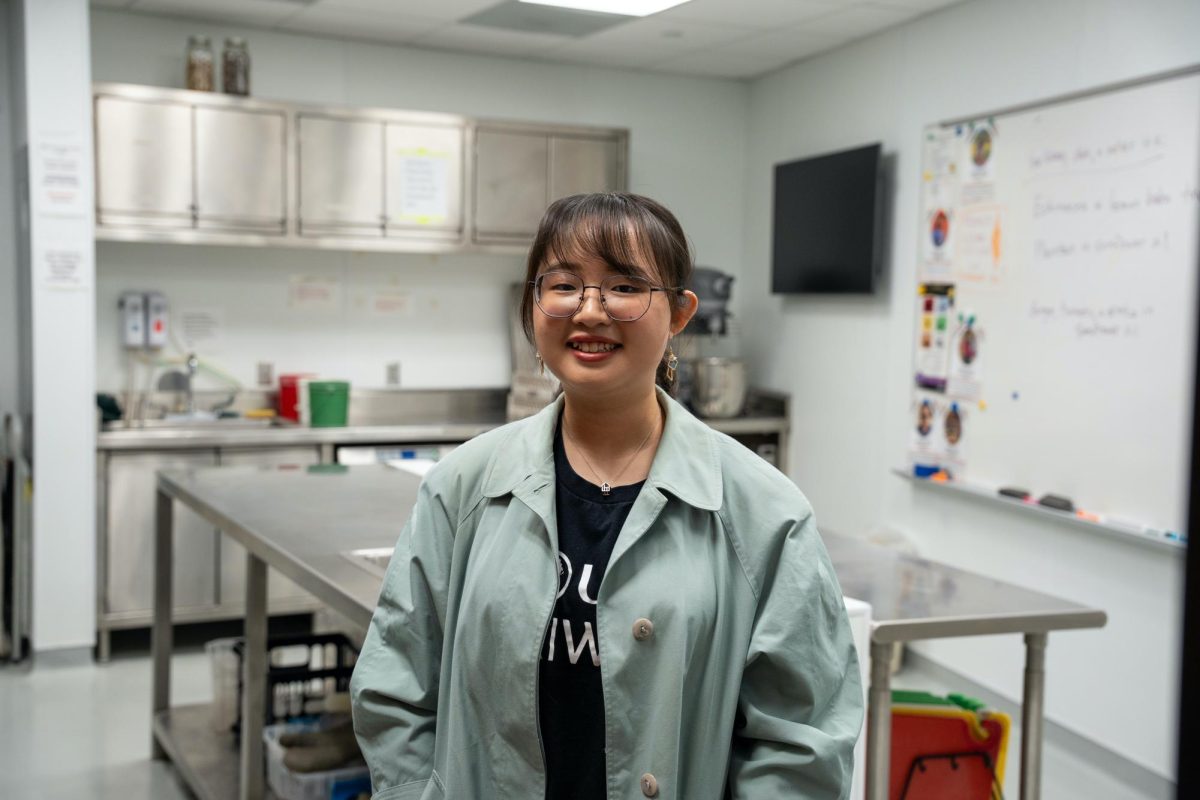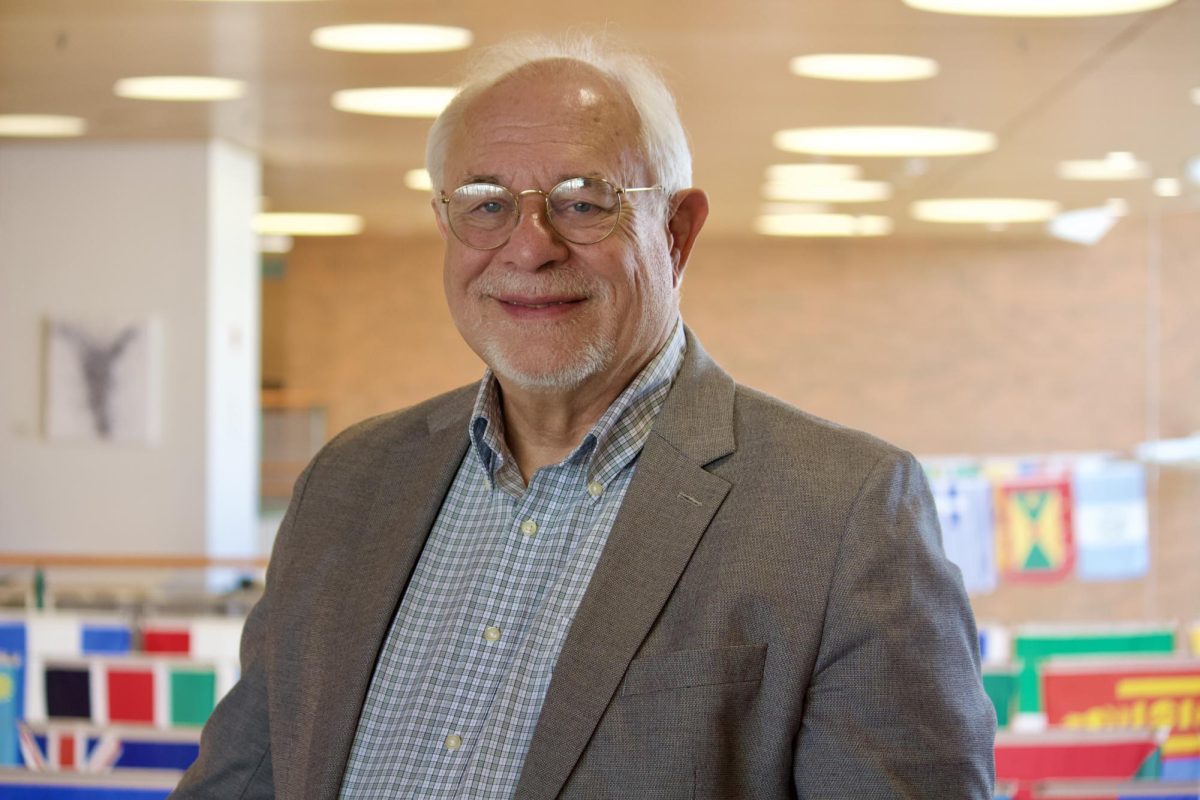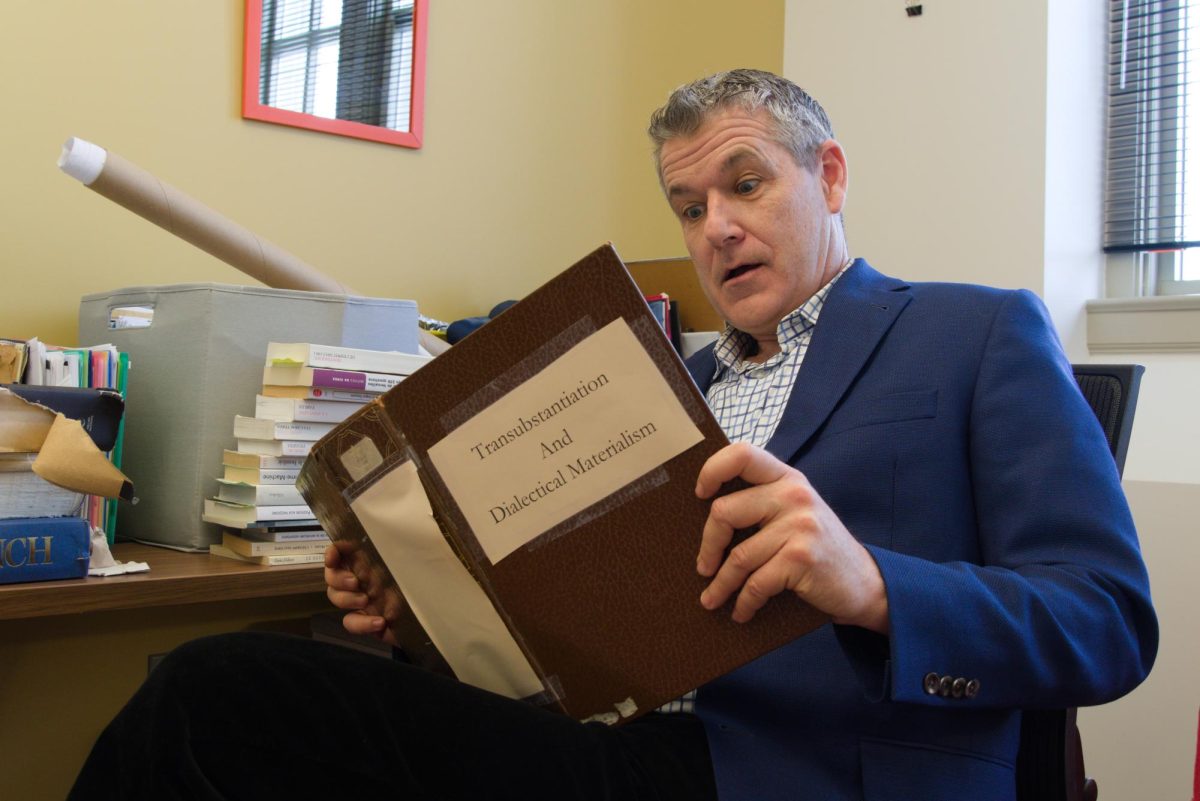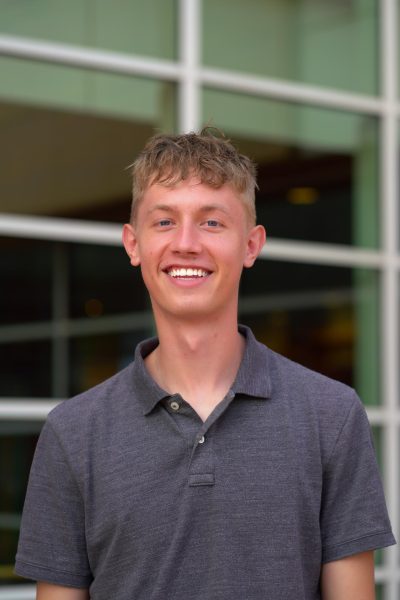As powerless as I might be feeling right now, I am grateful that I got to vote for the first time as an American citizen in Tuesday’s presidential election.
For 17 of my 19 years living in the U.S., I was formally disenfranchised. During that time, I educated students about democratic participation and supported them in doing so. I have been a cheerleader for thousands of students in exercising their most basic democratic right.
And even though I couldn’t vote, I have not been shy about participating in political life in America. I have served in the community, helped run community-based organizations, taught numerous classes, facilitated dialogue and deliberation, canvassed and engaged in activism and protest. All of this as a non-citizen.
I have earned the un-earnable right to vote, a right whose value has been reinforced by my experience of living through South Africa’s transition from apartheid to democracy. I know how sacred voting is, especially for those who have been denied it for far too long. But voting is only one way to participate in democratic life. Actually, voting can be a very crude and imprecise way of gauging public opinion, especially in the context of the two party system in America.
The lesson I have learned from my own experience is that democracy requires everyday engagement beyond voting — dialogue and deliberation, activism and community organizing, and other forms of collaboration across difference. And we could do a lot more to make voting more democratic in the United States.
Ultimately, I think that if we want to realize the potential of democracy in America, we need to look to the margins, where various forms of non-citizenship are experienced and contested and where non-citizens, both of the formal and informal kind, demand rights in creative and innovative ways. Democracy does not depend on citizenship, and being a citizen means doing more than voting.


